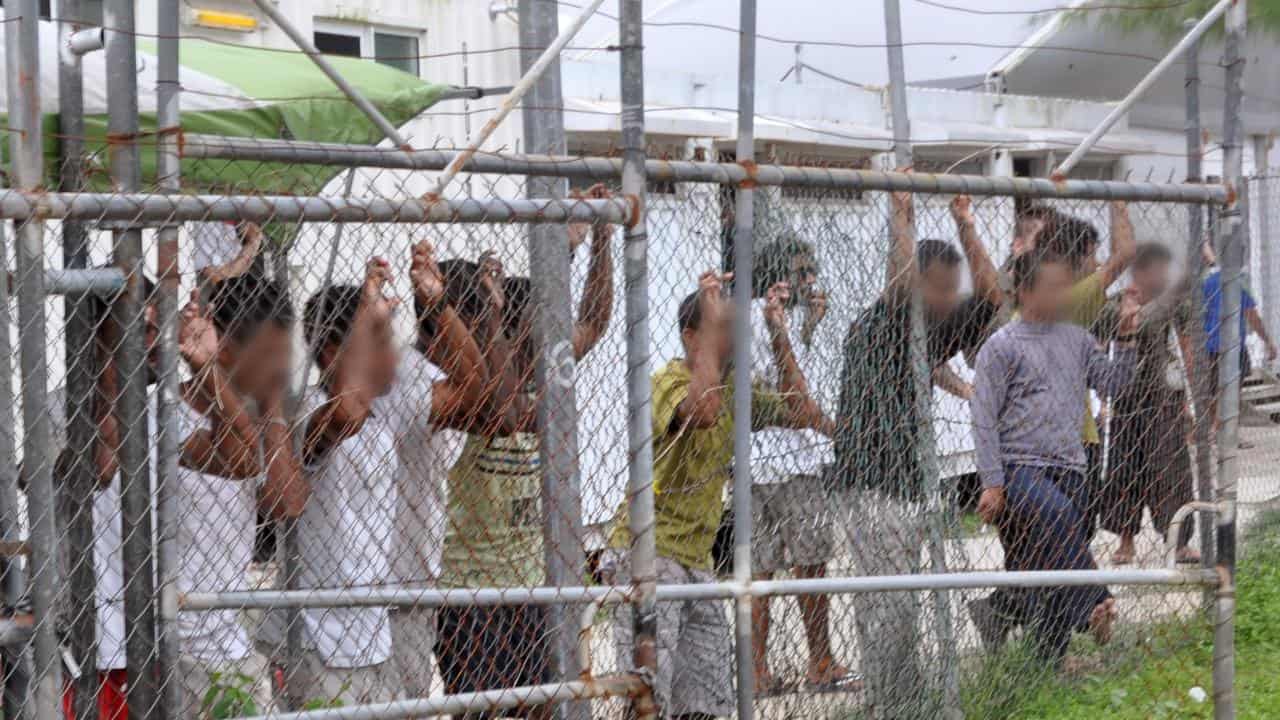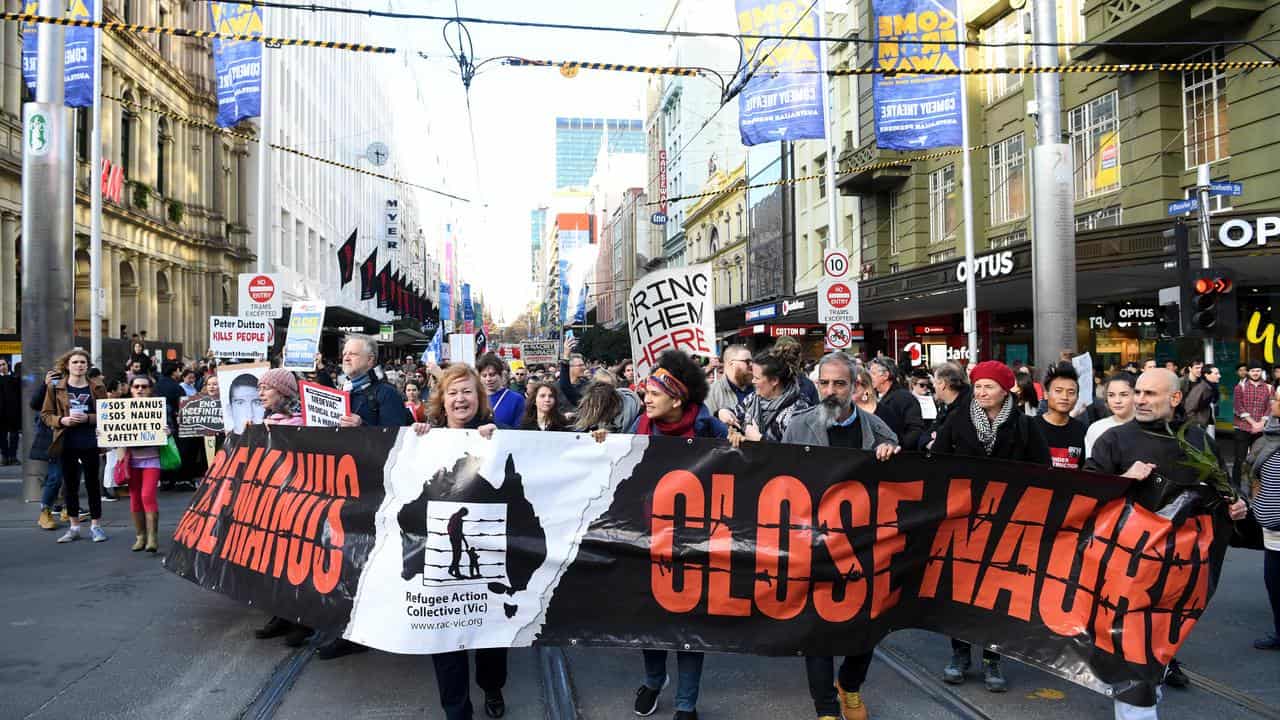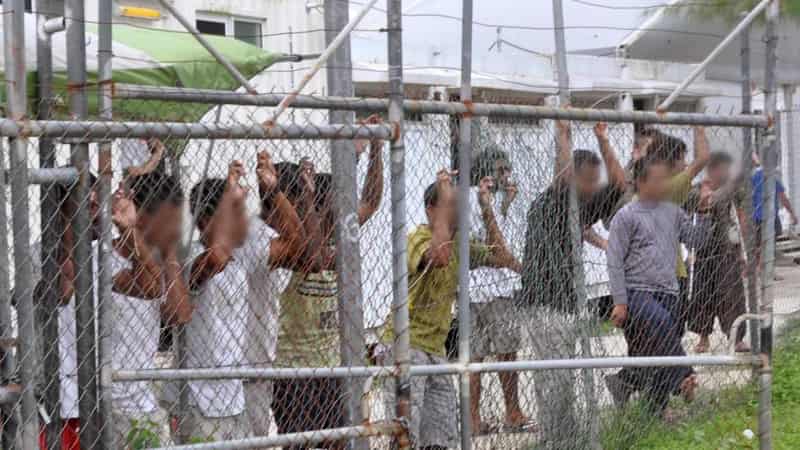
The health of refugees and asylum-seekers held in Australia's offshore detention centres in the Pacific has been found to be two to three times worse than for those detained on mainland Australia.
The conclusion was reached in a research paper published in the latest issue of the peer-reviewed International Journal of Migration, Health and Social Care.
Successive Australian governments since 2013 have held asylum-seekers in Nauru and on Manus Island in Papua New Guinea, before it was shut down by court order in 2017.
Since 2013 quarterly health reports have been produced by detention health provider International Health and Medical Services for the government that include information about the number of medical appointments and the reasons for them.
University of Greenwich researchers Ryan Essex and Erika Kalocsányiová used reports from 2014 to 2017 to create a longitudinal data set to compare onshore and offshore detention, and how they changed with time.
They used metrics that measured psychological distress, the number of appointments and prescriptions each quarter, and found offshore detainees generally needed far more medical attention.
Offshore detainees were more likely to raise a health-related complaint, access health services and be prescribed medications, often at two to three times the rate of those onshore.
Dr Essex said the results substantiated the anecdotal evidence that had come from detainees and in a number of inquiries that offshore detention was far more detrimental to the health of refugees than onshore detention.
"Even where centres are well staffed and resourced, little can be done in regards to treatment, particularly in terms of mental health," he told AAP.
"This is because the factor that is causing the ongoing distress (is) detention itself."
The Australian academic worked as a counsellor in immigration detention centres between 2011 and 2015 in Sydney's Villawood facility and at Curtin in Western Australia's remote Kimberley.
"Regardless which centre, vast amount of time was put into crisis management in mental health teams, this involved risk assessments for suicide and self-harm and de-escalating emerging crises," he said.
"I dealt with countless hunger strikes, suicide attempts and self-harm. These were almost daily occurrences at some points."

Dr Essex emphasised that offshore detention was more damaging because detainees had no immediate pathway to resettlement.
He also noted offshore detainees had limited opportunities to appeal their detention and little access to medical treatment, that many would have received in Australia if detained onshore.
"The only way to address these issues is abolition, or at a minimum, substantive reform," he argued.
The researchers also found that psychological distress sharply increased among asylum seekers detained for more than three months, arguing that limited detention time should be implemented as government policy.
In the past five years, the United Nations said there were more than 2000 instances of self-harm - actual and threatened - in Australian detention facilities.
"This data is ... a powerful argument for time-limited detention at the very minimum," Dr Essex said.









